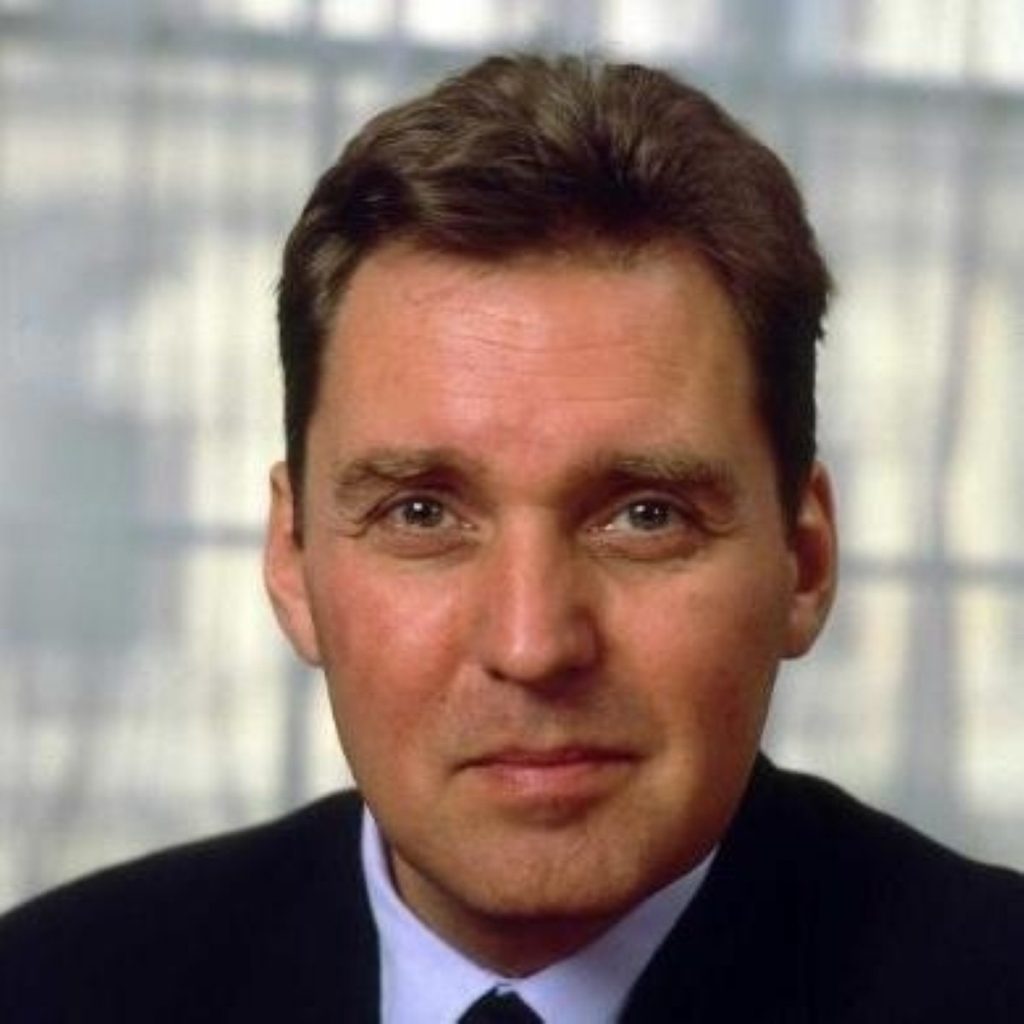Cancer services to get equipment revamp
Dozens of hospitals across the country will benefit from new cancer equipment, the Health Secretary announced today.
Following his pledge last November that 100 extra hi-tech scanners would be installed in British hospitals, Alan Milburn today revealed which hospitals would benefit from the £165m investment over the next three years.
All MRI scanners, CT scanners and Linear Accelerators in use in the NHS before 1997 will be replaced, improving on the fact that the age profile of CT and MRI scanners in the UK is already better than most European countries.
The CT and MRI scanners are vital in the early diagnosis of cancer and in monitoring the progress of treatment, while new Linac machines produce x-ray beams, that target the exact outline of a tumour to provide a much more precise and efficient treatment.
Once they are operating at full capacity these 100 scanners will provide an extra 400,000 scans a year for NHS patients, the DoH has claimed.
Mr. Milburn said: “We are moving towards having cancer services up with the best in Europe after decades lagging behind.”
However, the Health Secretary’s announcement was somewhat marred by the publication of a report by the national clinical director for cancer services, Professor Mike Richards.
The report into the investment in cancer services over the past two years suggested that as much as £80m of the £280m dedicated to tackling the disease in the NHS Cancer Plan was not passed on to cancer centres in the first year, and there were suggestions that some of the money still isn’t getting through.
But the report does point out that the £400m designated for 2002 to 2003 does seem to have filtered through, and the Government also seems to be on target for next year as well.
Professor Richards said: “We have a huge amount of work underway to modernise the way in which cancer services are delivered. The investment has begun to get through and we must ensure this is sustained over the critical three years ahead.”
The chief executive of CancerBACUP was more critical however, commenting: “After a terribly slow start, the money began to get through and real improvements have been made. But if the money had been ringfenced, there could have been faster progress.”
Joanne Rule also called for all cancer funds to be tracked from the bottom-up in future to ensure that the money was reaching the frontline.





-01.png)